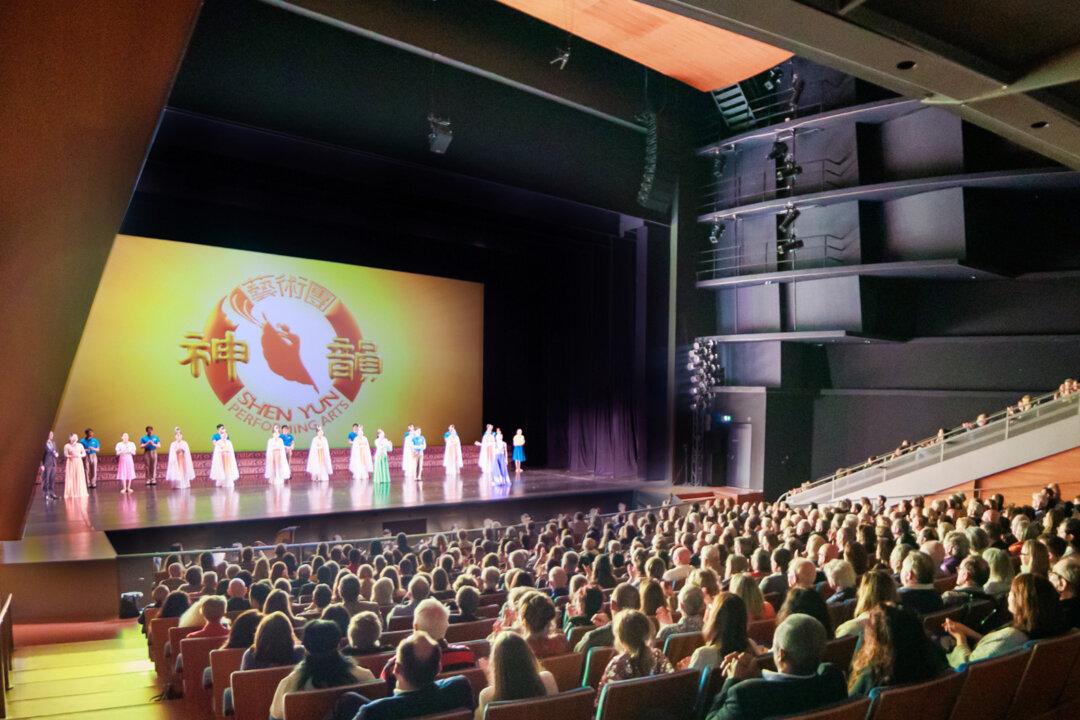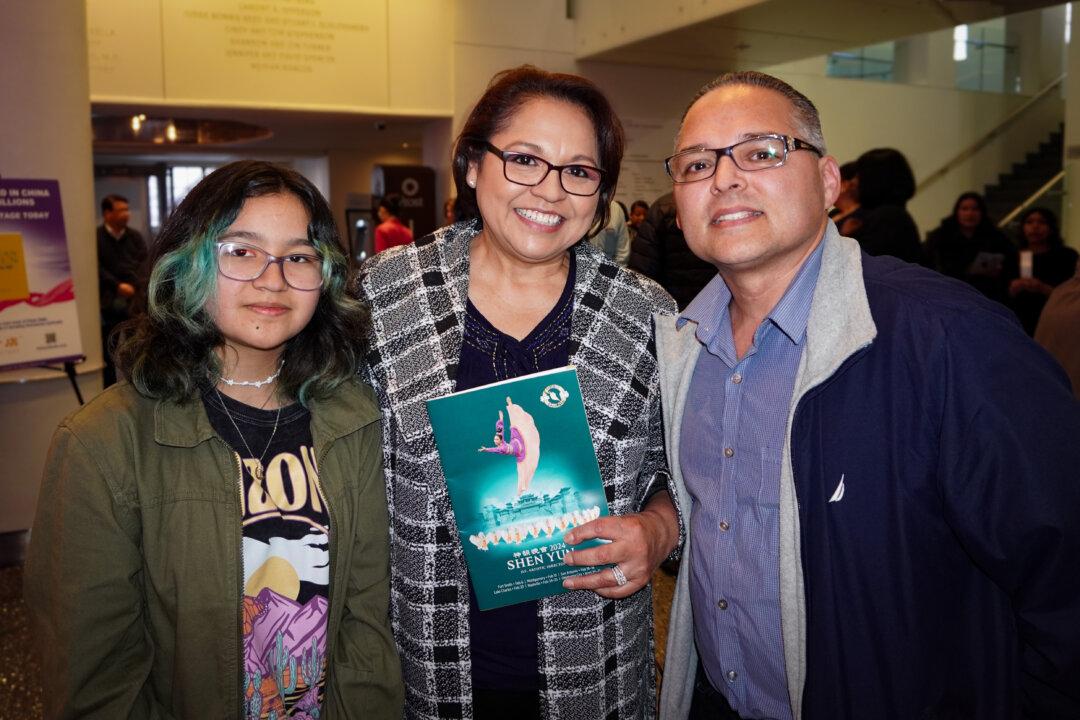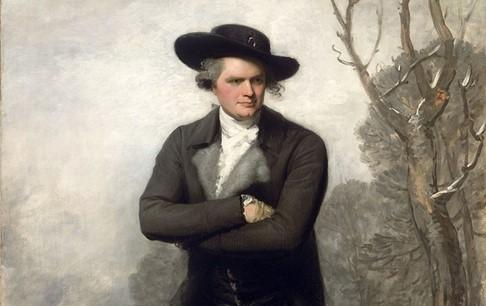MIDDLETOWN—A study of students in a two-year kindergarten program in the Middletown Enlarged City School District shows the advantages of two years of kindergarten for children who might have otherwise fallen behind.
When district Superintendent Dr. Kenneth Eastwood arrived in 2004, only 54 percent of students were graduating and low morale was rampant, he said.
Teachers and administrators observed that dropping out and behavioral problems at higher grades could be traced to the primary grades, even kindergarten.
Behavioral problems started to show up in the fifth, sixth, and seventh grades, and it was often because they couldn’t learn the material, Eastwood said. They would see “constant red marks on papers” and it was demotivating, he said.
These students who were having problems were not ready for the next grade because they hadn’t mastered the skills and knowledge of the grade they were in. “They are being told by this environment that they have no value because they are not successful,” Eastwood said. “We trace all this back to kindergarten.”
Instead of moving children to the next grade through social promotion, a practice of advancing a student based on their age rather than their mastery of a grade, he and his team, supported by the school board, decided students could move up only when they learned the skills at that grade, and it had to start with kindergarten, he said.





